The Mechanics - 7:35
Don’t know your community cards from your royal flushes? This easy-to-follow video will show you the basic rules, hand rankings and actions that define poker’s most popular format: No-Limit Texas Hold’em.
Don’t know your community cards from your royal flushes? This easy-to-follow video will show you the basic rules, hand rankings and actions that define poker’s most popular format: No-Limit Texas Hold’em.
Discover what it means to get to showdown at the poker table, and when you do and don’t have to show your hand in No-Limit Texas Hold’em. Plus, learn key poker phrases like ‘muck’ and watch useful examples of hands in action.
Learn the differences between the starting hands in poker, what ‘non-paired’ and ‘suited’ mean and how valuable your cards are pre-flop. There are even a few basic strategies for winning at the tables thrown in for good measure.
Familiarise yourself with the 10 basic hand rankings that govern Texas Hold’em. For details on how to play other games like Omaha and Razz, check out the Games page.
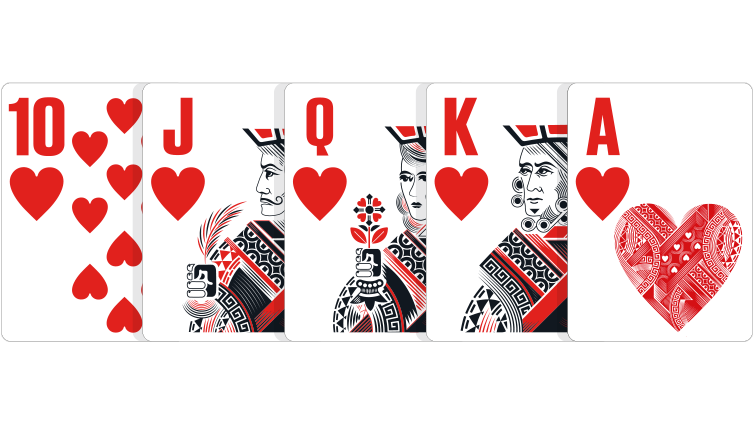
Poker’s most famous hand, a royal flush cannot be beaten. It consists of the ace, king, queen, jack and ten of a single suit.
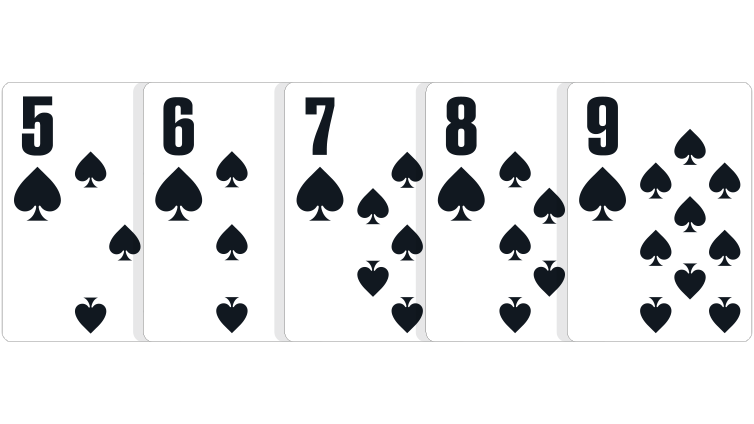
Five cards in sequence, of the same suit. In the event of a tie, the highest rank at the top of the sequence wins.
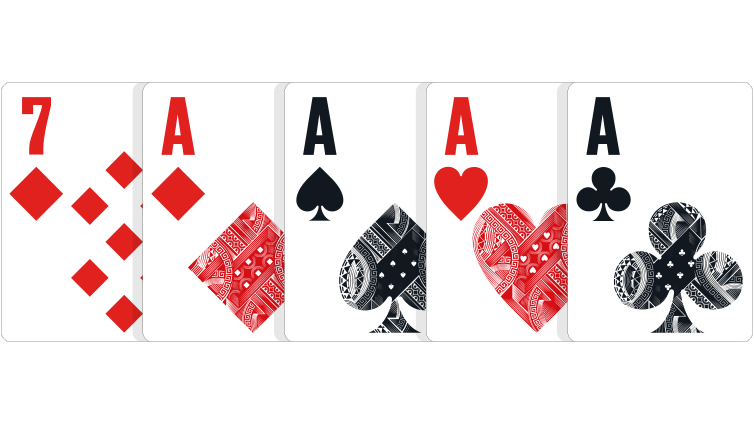
Four cards of the same rank, and one side card or ‘kicker’. In the event of a tie, the highest four of a kind wins.
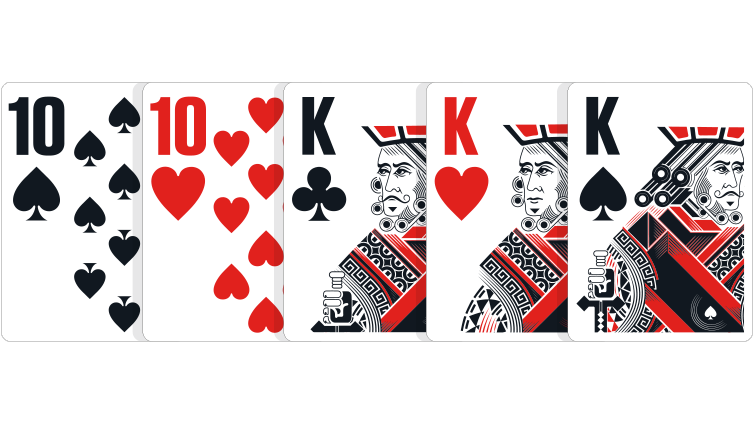
Three cards of the same rank, and two cards of a different, matching rank. In the event of a tie, the highest three matching cards wins.
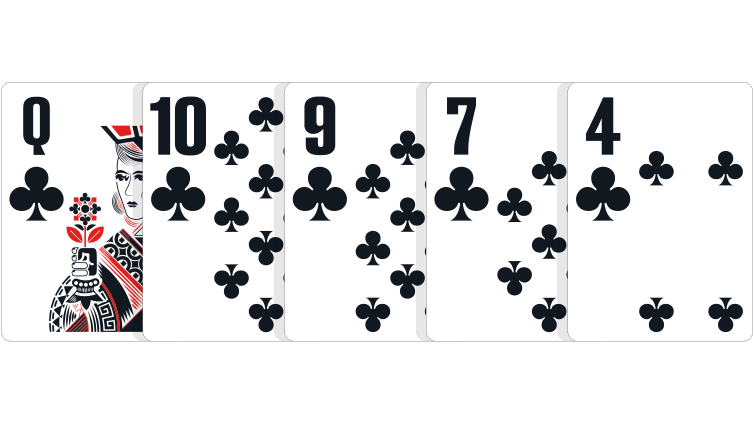
Five cards of the same suit, not in sequence. In the event of a tie, the player holding the highest ranked card wins.
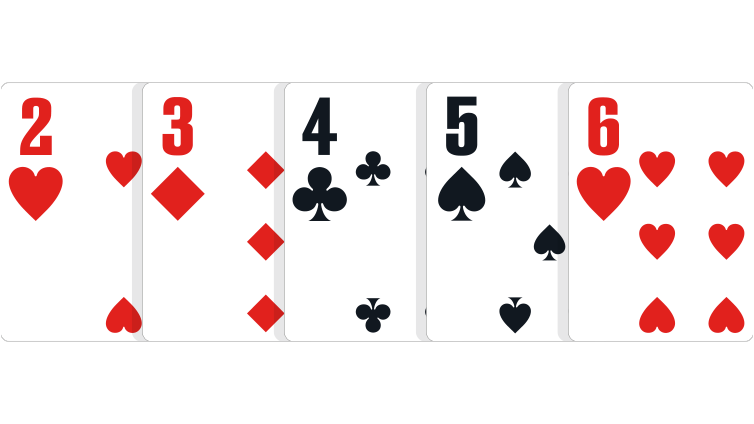
Five non-suited cards in sequence. In the event of a tie, the highest ranking card at the top of the sequence wins.
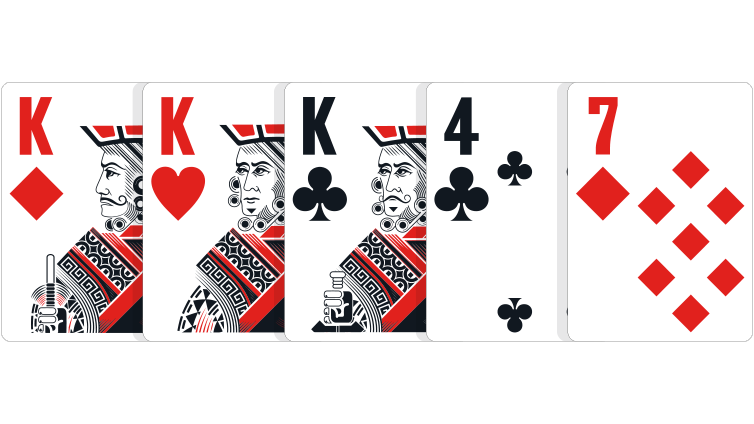
Three cards of the same rank, and two unrelated side cards. In the event of a tie, the highest ranking three of a kind wins.
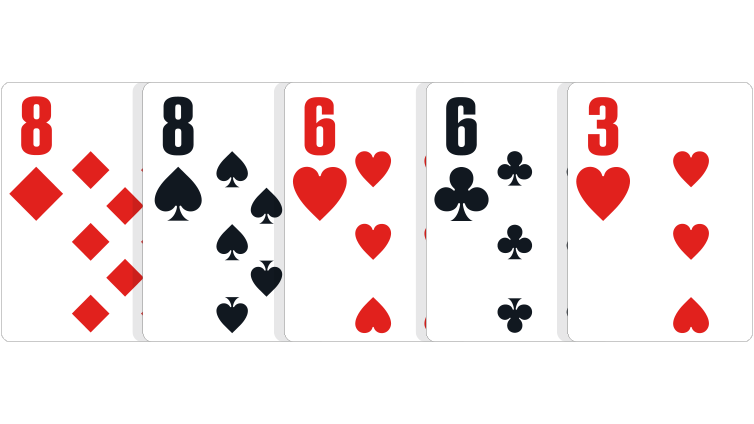
Two cards of matching rank, two cards of different matching rank, and one side card. In the event of a tie, the highest pair wins.
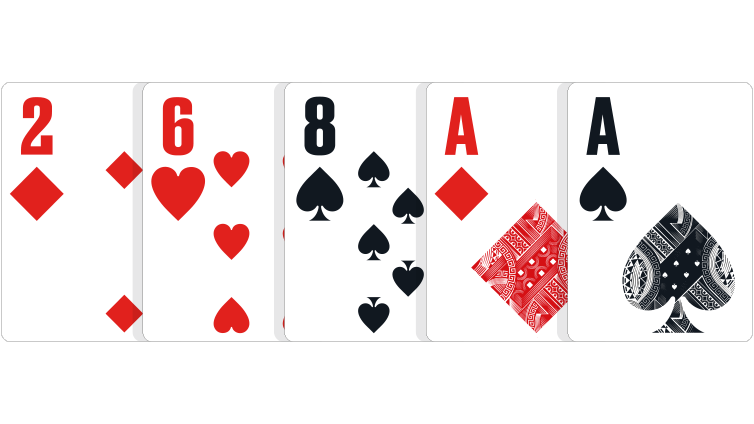
Two cards of matching rank, and three unrelated side cards. In the event of a tie, the highest pair wins the pot.
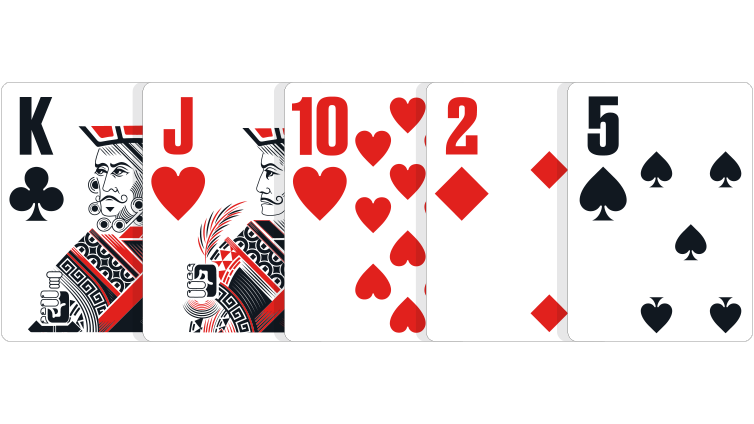
Any hand that does not qualify under the categories listed. In the event of a tie, the highest card wins, such as “ace-high”.